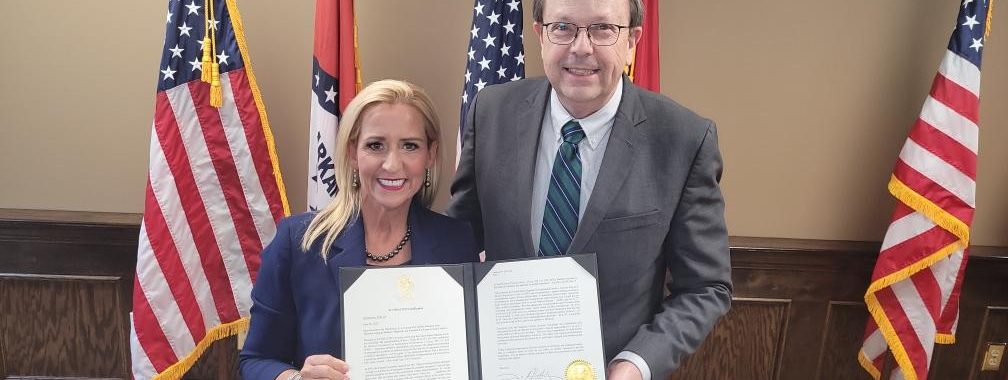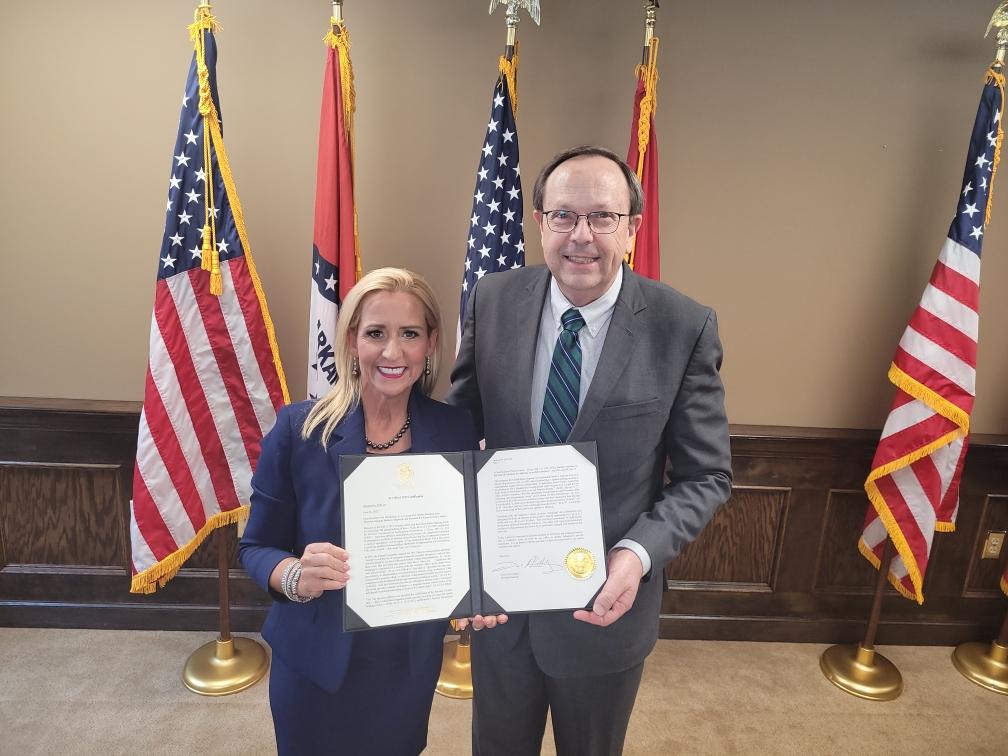Marijuana Use Doubles Risk of Death From Heart Disease: Study

A study published the journal Heart last week shows marijuana use doubles a person’s risk of death from heart disease.
Researchers analyzed data from multiple studies involving a total of 200 million people — most of whom were between 19 and 59 years old.
The results showed marijuana users face a 20% higher risk of stroke, a 29% higher risk of heart attack, and a staggering 200% higher risk of “cardiovascular death.”
In a separate column, Heart’s editors said it is time to treat marijuana like an important factor for cardiovascular disease, writing,
Cannabis use, like tobacco and alcohol use, should be assessed in all patients. At least in the USA, health professionals are the most influential source of cannabis information regardless of patient age, cannabis use or state legal status, making it important for clinicians to ask about use, educate all patients about cannabis risks and take cannabis use into account in clinical decision making.
We have written for years how THC — the main psychoactive substance in marijuana — has been tied to everything from heart disease and cancer to stroke, mental illness, and birth defects.
Public health data across America has shown marijuana products routinely send kids to the emergency room and prompt parents to call poison control centers.
And marijuana’s legalization in many states has actually emboldened drug cartels and increased the flow of illegal marijuana across America.
All of this underscores what we have always said: Marijuana may be many things, but “harmless” simply is not one of them.
Articles appearing on this website are written with the aid of Family Council’s researchers and writers.




